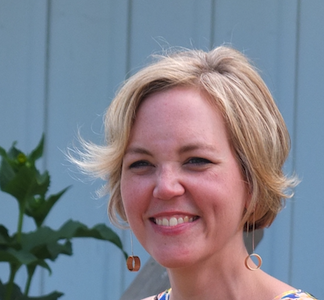Counselling after a miscarriage
We understand how difficult miscarriage and pregnancy loss can be, and how valuable it can be to talk to a professional counsellor who understands. While we don’t offer counselling services ourselves, we know that access to the right support can make a real difference.
That’s why we’ve created a directory of specialist counsellors, who have experience of supporting people through miscarriage, pregnancy loss, and difficult fertility journeys. These counsellors offer a safe and understanding space for individuals and couples to explore and process your feelings and support you in finding ways to cope.
Click here to view our Counsellors Directory
We’ve taken care to ensure that each listed professional is both professionally accredited and insured. However, please note that we cannot take responsibility for the individual practice of those listed.*
If our directory isn’t quite right for you, there are other ways to find counselling support that’s right for you:
Other ways to find counselling support
We appreciate that there are often waiting lists for counselling via the NHS, but you may be able to access counselling through:
- your GP
- if you miscarried in hospital, there may be counselling offered via the early pregnancy unit (EPU), a bereavement nurse or midwife or a perinatal mental health service
- a self-referral to NHS Talking Therapies
Other options include:
- CRUSE, Mind or other national charitable counselling organisations
- the specialist counselling charity Petals
- BICA (British Infertility Counselling Association)
- your place of work or study, through an Employee Assistance Programme or occupational health scheme
- the Muslim Bereavement Support Service
- Chana for the Jewish community
- a private counsellor or psychotherapist
Working with/choosing a counsellor
Whether you’re using our directory or another route, this section might help you find someone who’s the right fit for you.
Research suggests that it doesn’t really matter what type of counselling you choose (e.g. ‘person-centred’ or ‘integrative’). It’s more important that you trust and respect your counsellor and that you feel there is a good ‘fit’ between you.
We know how important it is for you to feel understood, and that it helps if a counsellor has some knowledge of the experience and management of miscarriage by healthcare professionals.
However, this doesn’t mean to say counsellors without specialist knowledge can’t help you. They may help with other difficult feelings like anxiety, low mood or intrusive thoughts.
Whoever you work with, if you feel that they don’t ‘get it’, tell them and explain why. Every pregnancy loss is unique, and they might need help to understand your experience and needs. If you really don’t feel comfortable, even after explaining things, it’s best to end the sessions and find someone else. This can take courage but it’s worth it.
Relationship counselling
It’s not unusual for miscarriage to strain a relationship. If you are seeking counselling for relationship and/or sexual problems, try Relate or Tavistock Relationships. Both offer low-cost support.
Other support services
You can find information about the support services offered by the Miscarriage Association on our ‘How we help’ page.
*If you have concerns about a counsellor’s conduct, we recommend contacting their professional organisation directly. This is most likely to be the BACP (British Association for Counselling and Psychotherapy) where accredited members have more training and experience than registered members, or the UKCP (UK Council for Psychotherapy). Some may belong to another professional body with their own conduct and complaint procedure.

